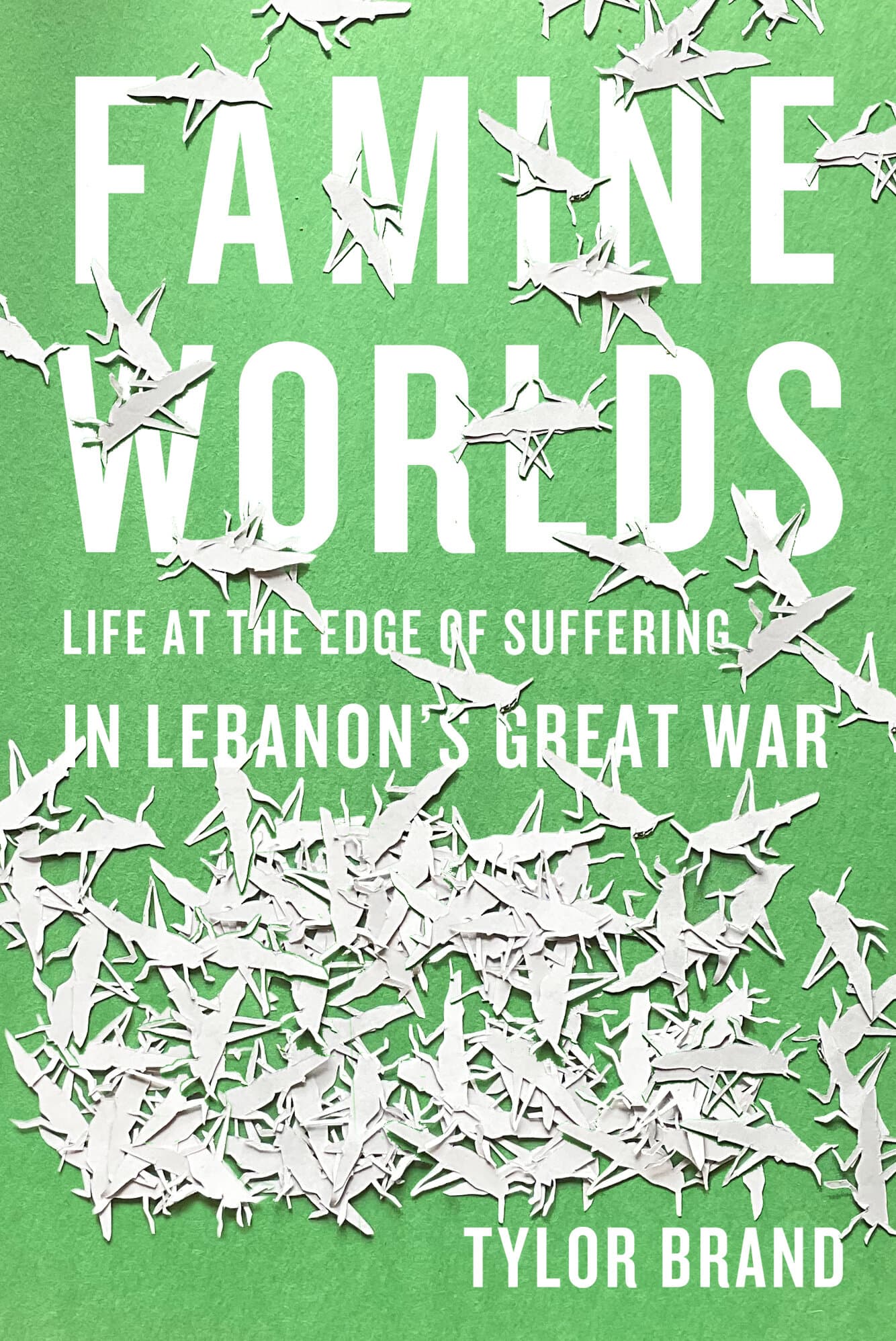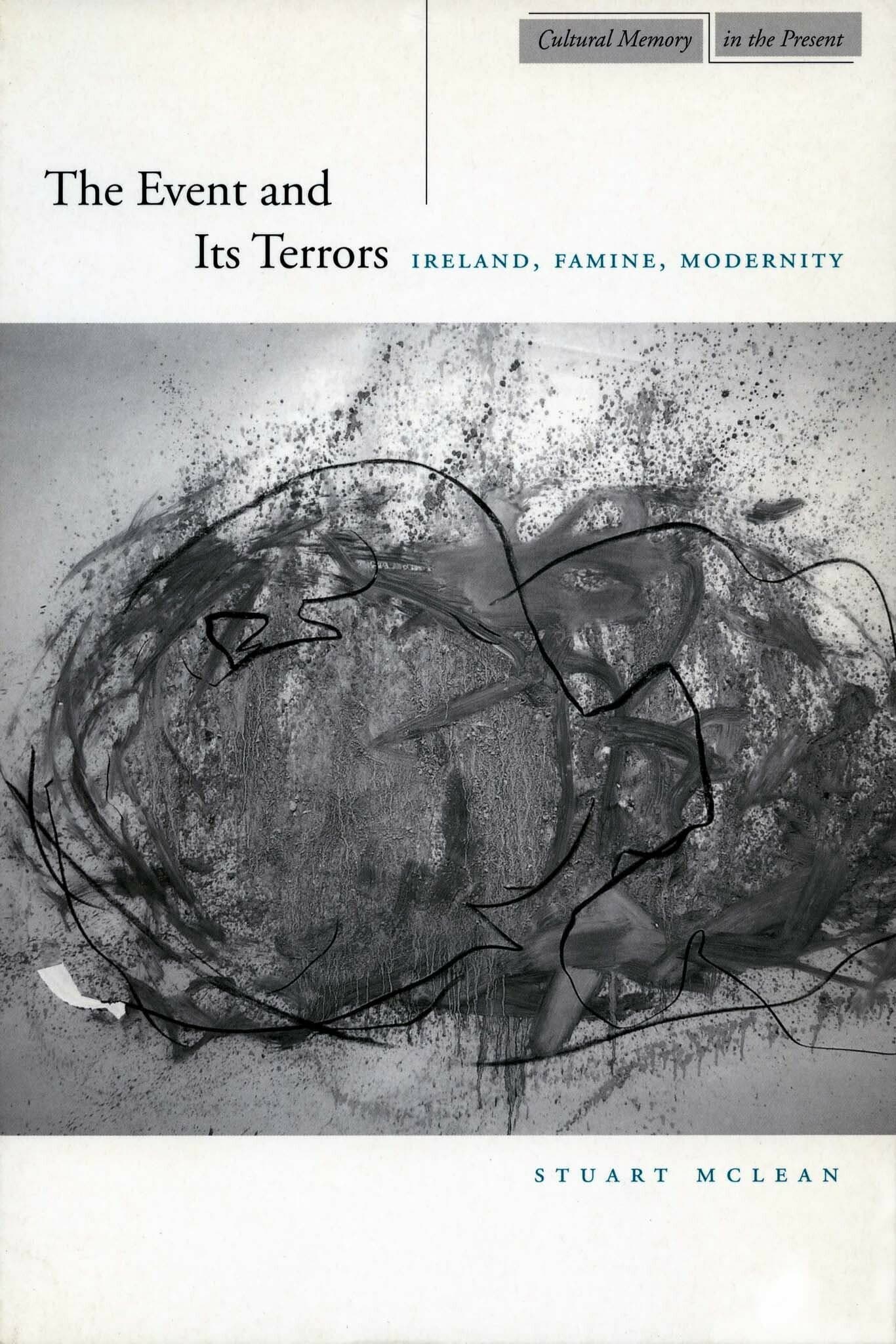Famine Worlds
Award Winner
2024: SSA Best Book Prize
Honorable Mention for the 2024 SSA Best Book Prize, sponsored by the Syrian Studies Association.
Also Available from

World War I was a catastrophe for the lands that would become Lebanon. With war came famine, and with famine came unspeakable suffering, starvation, and mass death. For nearly four years the deadly crisis reshaped society, killing untold thousands and transforming how people lived, how they interacted, and even how they saw the world around them. Famine Worlds peers out at the famine through their eyes, from the wealthy merchants and the dwindling middle classes, to those perishing in the streets.
Tylor Brand draws on memoirs, diaries, and correspondence to explore how people negotiated the famine and its traumas. Many observers depicted society in collapse—the starving poor became wretched victims and the well-fed became villains or heroes for the judgment of their peers. He shows how individual struggles had social effects. The famine altered beliefs and behaviors, and those in turn influenced social relationships, policies, and even the historical memory of generations to come.
More than simply a chronicle of the Great Famine, however, Famine Worlds offers a profound meditation on what it means to live through such collective trauma, and how doing so shapes the character of a society. Brand shows that there are consequences to living amid omnipresent suffering and death. A crisis like the Great Famine is transformative in ways we cannot comprehend. It not only reshapes the lives and social worlds of those who suffer, it creates a particular rationality that touches the most fundamental parts of our being, even down to the ways we view and interact with each other. We often assume that if we were thrust into historic calamity that we would continue to behave compassionately. Famine Worlds questions such confidence, providing a lesson that could not be more timely.
"One of the forgotten famines of the past is the tragedy that struck the mainly Maronite population of mountainous north Lebanon during World War I. Tylor Brand's study of a famine that will henceforth be better known is erudite and accessible, fair and empathetic. A great book."—Cormac Gráda, author of Famine: A Short History and Eating People is Wrong: Essays on the History and Future of Famine
"Famine Worlds offers a fascinating window into a period often overlooked, and lucidly recounts the trials, tribulation, and turmoil of everyday people during the Great War. A highly recommended read and, without a doubt, a significant and thoroughly elucidating contribution to the history of the modern Middle East."—Leila Fawaz, author of A Land of Aching Hearts: The Middle East in the Great War
"In Famine Worlds, [Brand] brilliantly studies how the population of Lebanon experienced a famine that brought massive death, changed society, and left an often unspoken but indelible mark on the country's historical consciousness."—Marc Martorell Junyent, Informed Comment
"Famine Worlds is a meticulously researched account that will appeal to those with a scholarly interest in the historical Levant."—Syed Hamad Ali, The National
"Brand has easily written the most detailed and moving history of the little-remembered WW I famine that killed at least 100,000 Lebanese, nearly all Maronite Christians, about one-fourth of the population at that time.... Brand has produced an eminently readable account of the spreading disease, declining social cohesion, falling sympathy for the starving poor, and coping strategies among the affected.... Highly recommended."—P. Clawson, CHOICE
"Brand sets out to explain not why the famine occurred, as some have attempted to do, but asks a different question: 'how did it feel to live the famine?'. He charts a kaleidoscopic answer, rightly suspicious of the way that grand narratives can excise messy human details from history.... This commitment to complexity is what makes Famine Worlds valuable."—Samuel Dolbee, Journal of Disaster Studies




